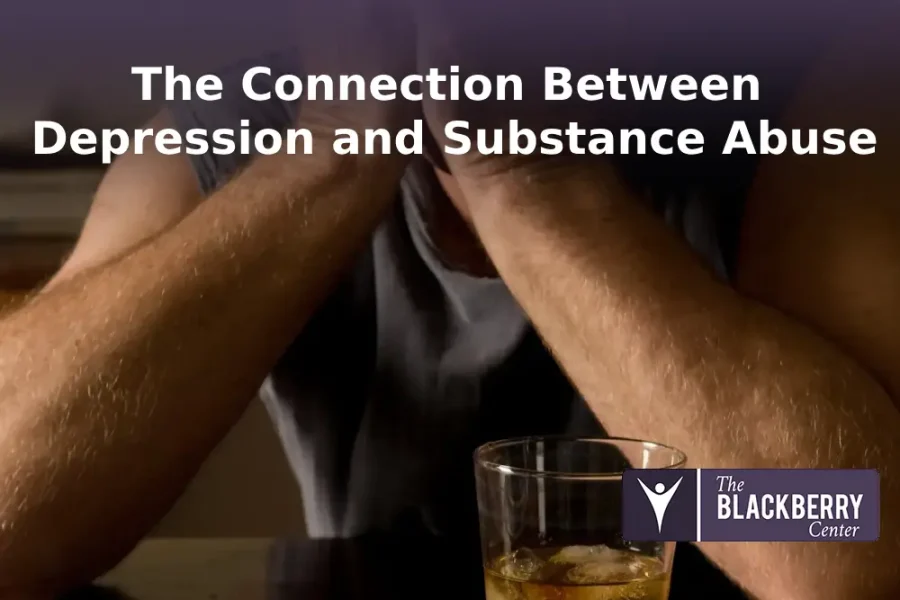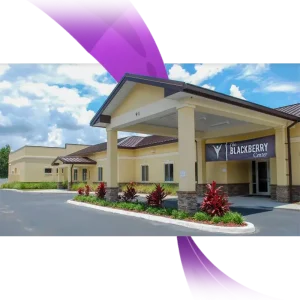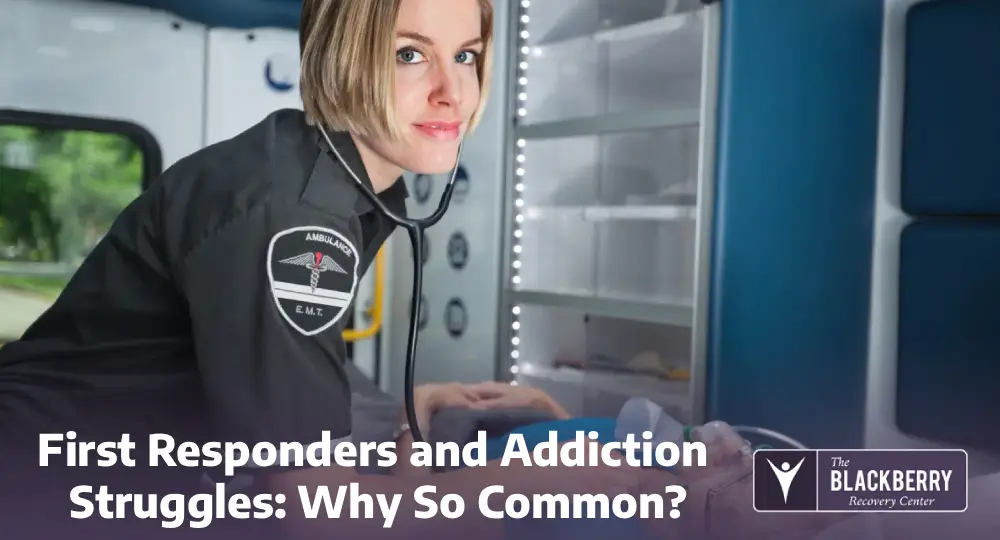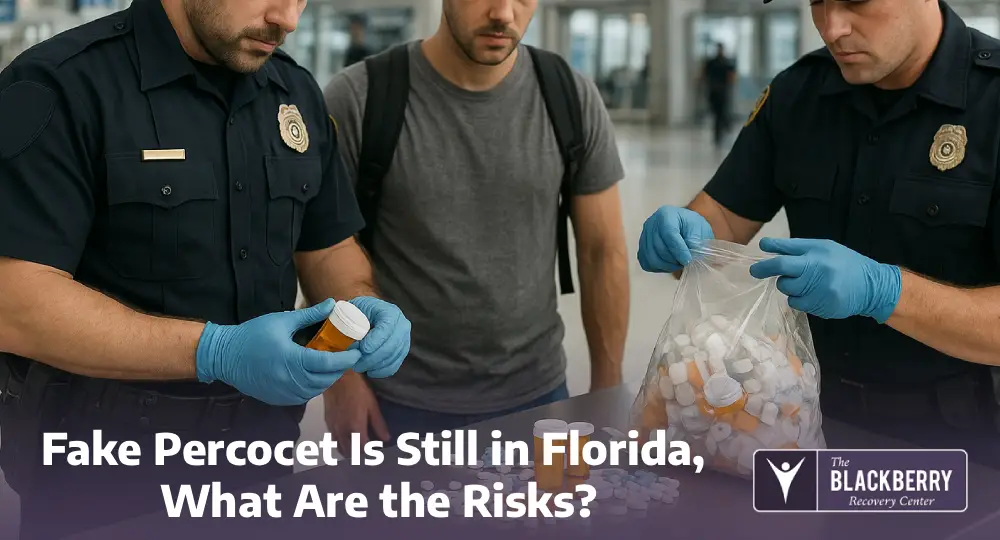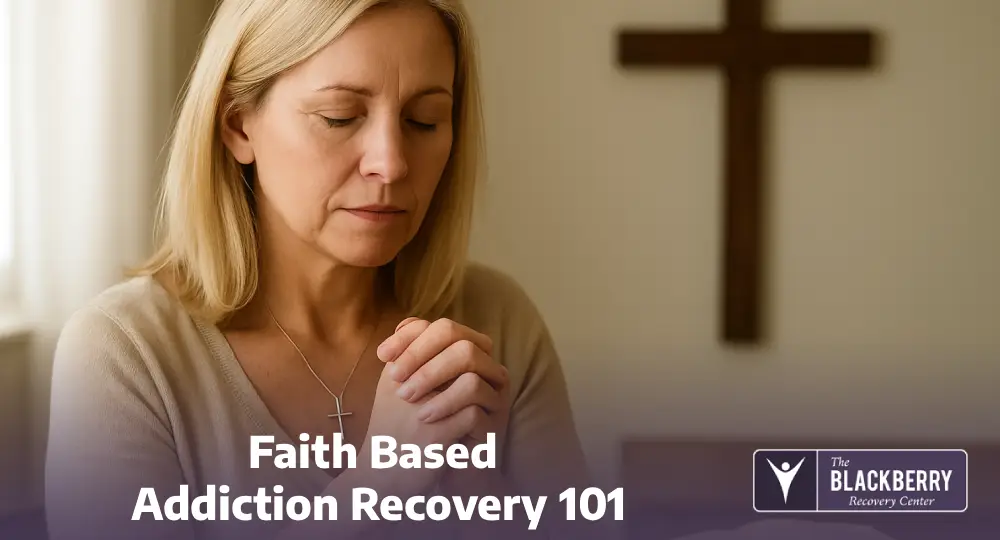Oftentimes, depression and addiction go hand-in-hand. According to the World Health Organization (WHO), about 320 million people around the world struggle with varying degrees of depression. That’s a lot of people struggling with a treatable disorder. Unfortunately, only 50% of these people across the world will seek treatment, bearing in mind differences across countries, cultures, socioeconomic classes, and other underlying factors.
In the United States alone, more than 17 million adults struggle with at least one episode of clinical depression every year. The Substance Abuse and Mental Health Services Administration (SAMHSA) estimates that although around 9 million adults struggle with depression and a substance abuse disorder together, only about 7 percent receive treatment for both. Untreated major depressive disorder can cause a lot of emotional distress in an individual, so much so that they may self-medicate, abusing drugs or alcohol to feel better.
For those caught in this struggle, finding a comprehensive, effective treatment program that addresses the co-occurring disorder of both depression and substance abuse is crucial for a successful, long-term recovery. Some rehab programs are implementing specialized treatments that can treat both addiction and mental illness. These centers help you to implement a treatment plan and get your life back.
Self-Medicating Is Not The Answer To Depression
Depression can certainly cause you to feel overwhelmed with life, but drinking or taking drugs is not the solution. Sure, it may give you a temporary feeling of relief from the emotional pain you’re experiencing, but that feeling doesn’t last. And, frequent use of these substances can turn into a bad habit or even an addiction. Self-medicating can also cause you to become even more depressed, instigating more intense negative thoughts and/or behaviors.
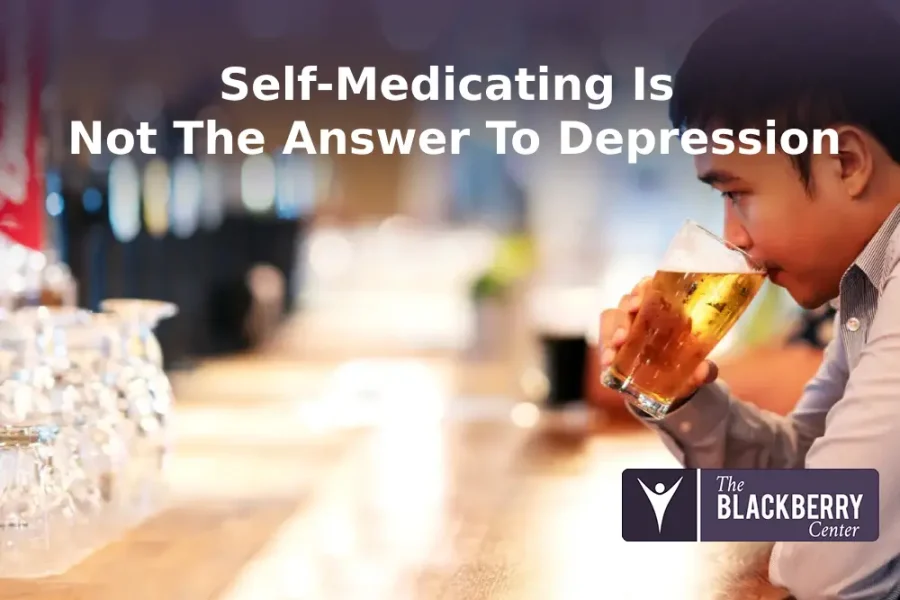
Self-Medicating Is Not The Answer To Depression
Fortunately, there is professional treatment available for both substance use disorders and clinical depression. Studies show that attending inpatient treatment decreases your chance of leaving treatment and relapsing.
Depression and Addiction (Substance Abuse)
Some people experience stronger and more emotional pain than others. Or, they may have faced difficult circumstances such as trauma, abuse, and neglect. Other people may have an imbalance in their brain chemistry. All of this can cause negative emotions and affect how you think and how you behave.
It’s common among people to experience periods of the blues, but more serious types of depression exist. Think of depression as a spectrum of low moods, ranging from mild to severe. As time goes by, someone may turn to drinking or drugs in an attempt to feel better. This can begin a downward spiral of negative feelings and ultimately, alcohol or drug addiction.
Using any substance, whether drug use or alcohol, significantly alters your mood, behavior, and brain function. This can make you feel drowsy and lethargic. Some drugs, including benzodiazepines, affect you the same way. Similarly, long-term cocaine abuse can inhibit your brain’s ability to naturally create dopamine. Combine your feelings of depression with the use of substances, and you put yourself at an increased risk for addiction and self-harm, including suicide.
Abusing alcohol or drugs can cause changes in your brain. These changes can certainly cause you to become depressed. The depression, in turn, can trigger you to reach for more alcohol or drugs to alleviate emotional pain. In addition, the more often you use substances, the more your body gets used to them. When this occurs, you may need larger amounts of the drug to feel the desired effect. This is known as tolerance.
As your tolerance for your drug of choice increases, your risk of falling into addiction increases too. The more you have, the more you need.
What Are The Symptoms Of Depression?
You may wonder if what you’re struggling with is depression or just a case of the blues. Not everyone experiences depression the same way, but there are some commonalities. Common symptoms of depression include:
- Feeling sad or “down” for weeks or months
- Seeming increasingly negative emotionally
- Feeling overly tired
- Having a hard time getting out of bed every morning
- Feeling like all hope is lost
- Internal restlessness
- Lack of energy
- Not having much of an appetite
- Overeating, trying to fill that inner void
- Thoughts of suicide
- Feeling like you have no worth
- Isolating yourself
- Not enjoying activities you used to enjoy
- Finding it difficult to fall or stay asleep
Granted, feeling depressed every so often is normal. However, when these feelings persist for more than two or three weeks, you may be struggling with clinical depression. Seeking a mental health or addiction specialist can be helpful, as they can assess you to help determine the best course of treatment.
The Need For Dual Diagnosis Treatment
If you’re drinking or taking drugs, there is a possibility that this is masking any symptoms of depression. There’s a correlation between drinking and depression, although it’s not always clear if one causes the other. Falling into a depressed state can be a potential trigger for relapse, while abusing substances can trigger depression. Either way, an effective addiction recovery program will teach you to be on the lookout for depressive symptoms.
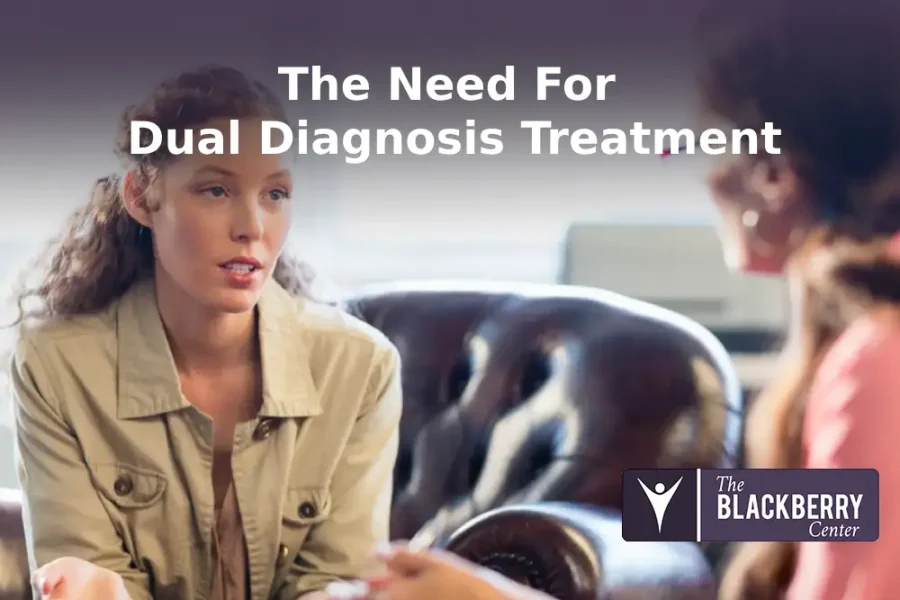
The Need For Dual Diagnosis Treatment
The good news is that there are effective approaches to treating both issues, including programs that involve both mental health and addiction recovery treatment. This is called dual-diagnosis treatment.
Treatment for Depression and Addiction
Whether it’s for a family member, friend, or yourself, know that professional support and practical solutions are available to help you get your life back on track. Living with someone who is struggling with either depression, addiction, or both can be frustrating and disheartening. We understand. It can certainly be emotionally draining on the entire family.
Approaching your loved one with your concerns can be a bit scary, but is necessary for them to consider seeking treatment. As with any chronic illness, not treating the conditions will only make it worse. Therefore, approach them in a compassionate manner, letting them know the various routes to treatment.
FAQ
- How are depression and substance abuse connected?
Depression can increase the risk of substance abuse as individuals may turn to drugs or alcohol to cope, while substance use can worsen or trigger depressive symptoms. - Can substance abuse cause depression?
Yes, prolonged substance abuse can disrupt brain chemistry, leading to mood disorders like depression or making existing depression more severe. - Why do people with depression often misuse substances?
Many use substances as a way to self-medicate, temporarily relieving feelings of sadness or hopelessness, but this often leads to dependency and worsens mental health. - What are the signs of co-occurring depression and substance abuse?
Warning signs include persistent sadness, withdrawal from loved ones, loss of interest in activities, increased tolerance to substances, and difficulty functioning daily. - How is dual diagnosis treated?
Treatment typically involves integrated care—combining therapy, medication, support groups, and lifestyle changes—to address both depression and substance use simultaneously.

